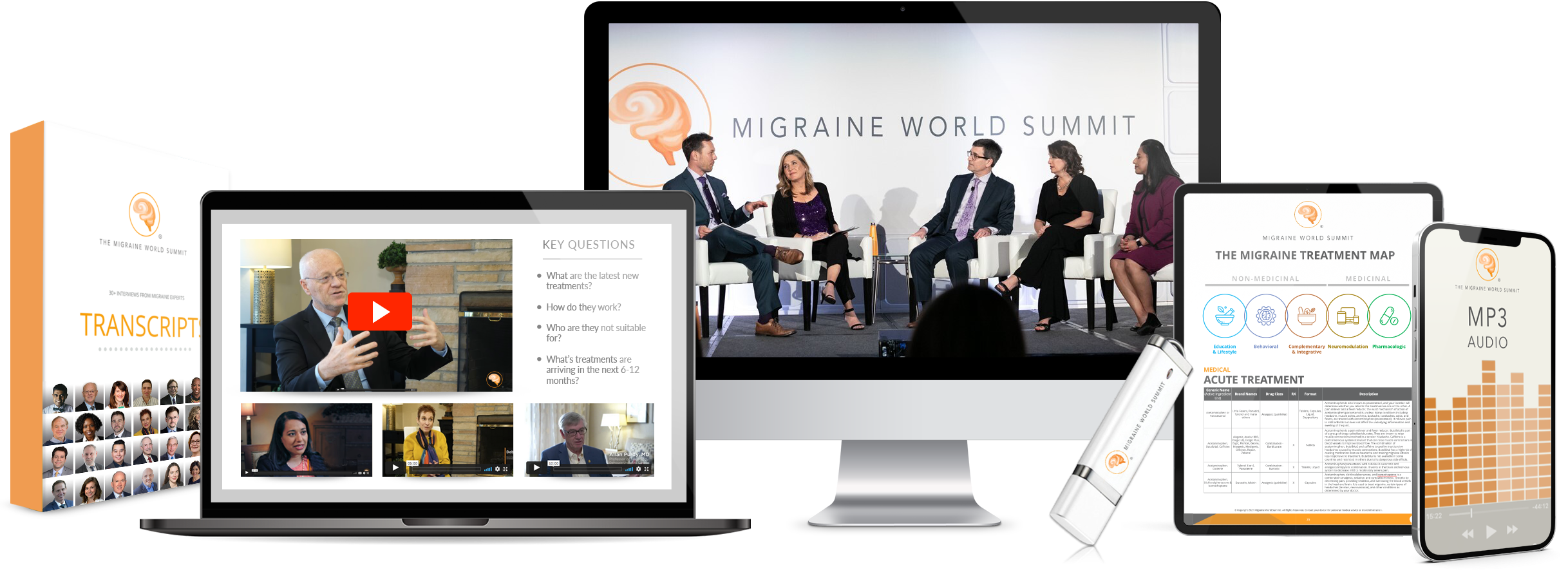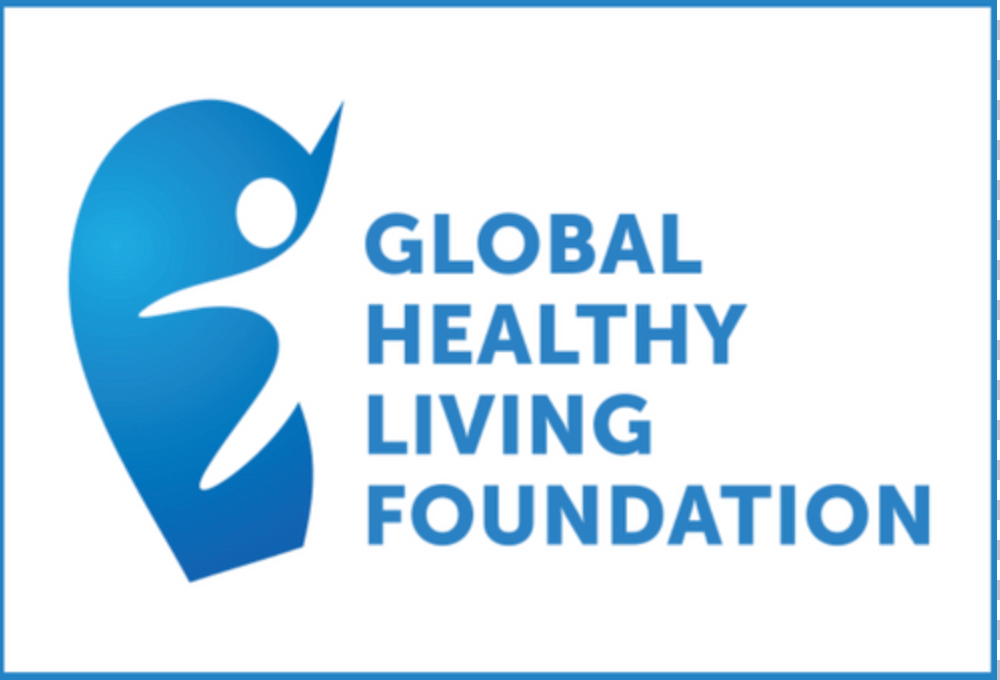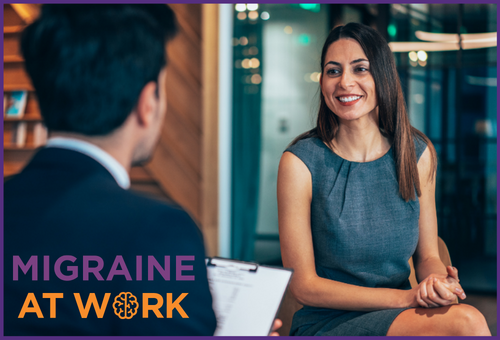How To Manage Migraine Stigma at Work
You are currently watching a preview of this interview. Unlock the full version by upgrading to an Access Pass bundle! Get FREE access to 8 expert interviews from Day 1 and Day 2 when you register today!
Key Questions
- What concerns are typically experienced by individuals with migraine in a work environment?
- How does migraine affect people’s ability to perform at work?
- What types of jobs are more suitable for those with migraine?
- Should people with migraine hide their condition at work or disclose it?
- What are the pros and cons of disclosing migraine at work?
- How can people navigate office politics and handle microaggressions related to migraine?
- What accommodations can be asked for in the workplace?
- Who is the appropriate person to speak to in an organization about accommodations for migraine?
- What do employers need to know about migraine?
- What can employers do to support employees living with migraine disease?
Interview Notes
- Migraine at Work
- Book: Headache: What Do I Do Now?
- Harvard Business Review article: “Migraines Are a Serious Problem. Employers Can Help”
- Fujitsu Headache Project article: “Migraine in the Workplace”
- Article: “Fujitsu Honored by the International Headache Society – Global Patient Advocacy Coalition as a World Leader in Migraine Workplace Awareness, Education, and Employee Support Programs”
- Global Patient Advocacy Coalition (GPAC)
- American Migraine Foundation
- X (Twitter): @obegassededhaem
Treatments Mentioned
- Workplace accommodations
Please note: The Migraine World Summit’s aim is to bring you a variety of perspectives and expertise, independent of bias or judgment. Alternative theories presented in this video have not been medically reviewed. Views expressed in this interview do not necessarily represent the views of the Migraine World Summit. Please always consult your health care professional and do your own research before making changes to your treatment plan.

Olivia Begasse de Dhaem, MD, FAHS
Headache Specialist
Hartford HealthCare
Dr. Olivia Begasse de Dhaem, a board-certified neurologist, serves as a headache specialist at the Hartford HealthCare Headache Center in Westport, Conn. Having completed her medical education and neurology residency at Columbia University in New York City, she further honed her expertise with a headache medicine fellowship at Harvard University. Dr. Begasse de Dhaem has authored numerous publications in headache medicine and has delivered talks on both national and international platforms. She is the executive editor of the Pain Medicine journal, and a co-editor of the textbook Headache: What Do I Do Now? released by Oxford University Press in April 2023.
Dr. Begasse de Dhaem is actively involved in various medical societies. She holds positions on the Education Committee of the International Headache Society, is a Fellow of the American Headache Society (AHS), and contributes to the AHS Advocacy Committee. A passionate advocate, she graduated from the American Academy of Neurology (AAN) Palatucci Advocacy Leadership Forum and is part of the executive committee of the International Headache Society’s Global Patient Advocacy Coalition (IHS-GPAC). With four appearances at Headache on the Hill, she played a role in drafting the paper that bolstered the advocacy efforts of 2020. Her primary advocacy focus is championing the rights of individuals with headache diseases in professional settings.
Interviews from Olivia Begasse de Dhaem, MD, FAHS

Get all the 2025 interviews, videos, audio, transcripts, and more. Why upgrade?
- Can’t attend live? Watch anytime
- Prefer reading or listening? Get transcripts and audio
- Want to dive deeper? Explore the additional footage & resources
- Need ongoing support? Reference expert advice year-round
- Lifetime access to 2025, no annual fee
Related Talks for: Day 6 (2024)
Beyond 50: Insights Into Migraine That Ages With Us
Messoud Ashina, MD, PhD, DMSc
How Migraine & Chronic Fatigue Syndrome (ME/CFS) Are Connected
James Baraniuk, MD
Tension Headache or Migraine? Differences and Misdiagnoses
Rebecca C. Burch, MD, FAHS
The Global Healthy Living Foundation is a 501(c)(3) nonprofit organization whose mission is to improve the quality of life for people with chronic illnesses (such as arthritis, osteoporosis, migraine, psoriasis, asthma, alopecia, inflammatory bowel disease, and cardiovascular disease) by advocating for improved access to health care at the community, state, and federal levels, and amplifying education and awareness efforts within its social media framework.
Migraine doesn't have to derail your career. Nearly every workplace in the country is impacted by migraine disease through absenteeism and presenteeism. Despite the prevalence of the disease, there is a lack of education and awareness around it. In the workplace, this often leads to unintended stigma and bias against employees living with migraine disease. Visit our website to learn more about programs available for both employees and employers.

Looking for a topic you can't find in this year's talks? Chances are, it's in our Interview Library with over 200 interviews. Search on keywords and synonyms for the best results. You can still get lifetime access to past talks.







